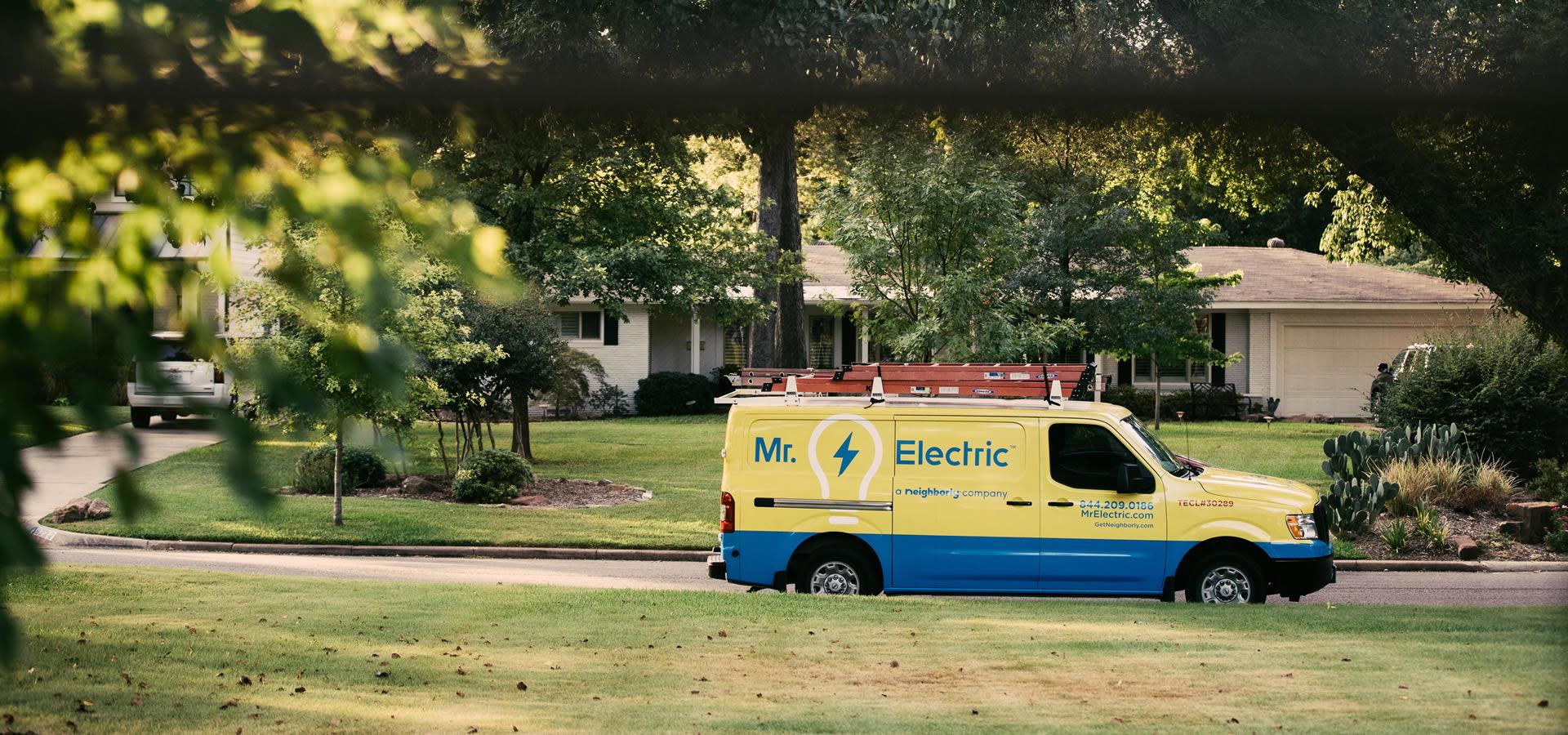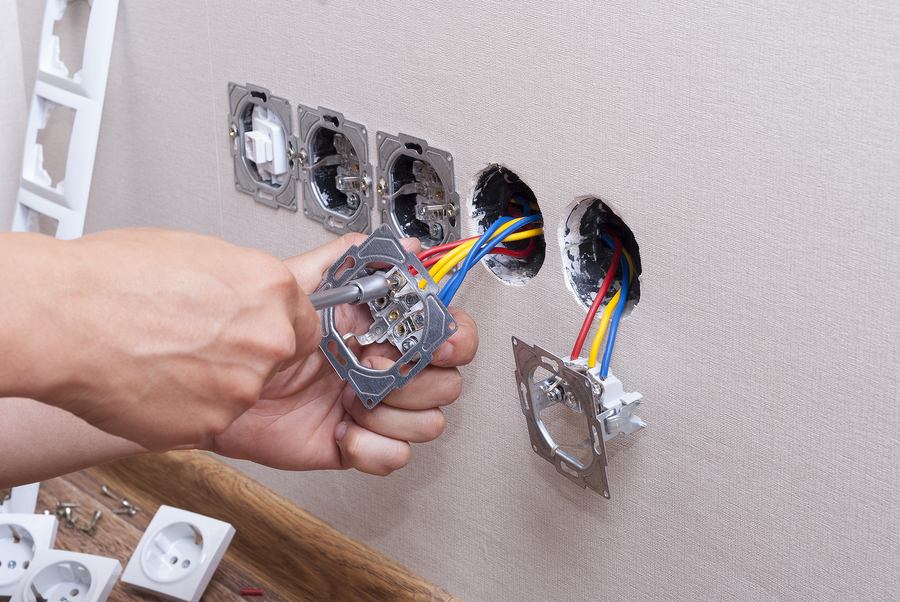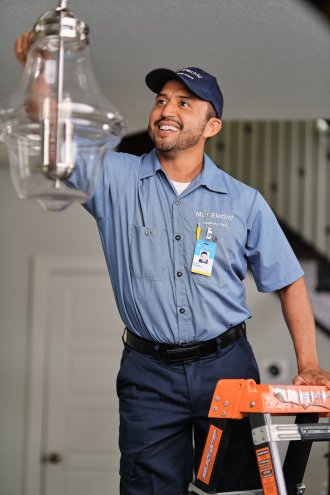What Are the Types of Electrical Wiring?
Many homeowners might assume all electrical wiring is the same—a simple network of wires that carries electricity throughout the house. But in reality, there's a hidden world behind the walls, with different wiring methods suited for various purposes and safety levels. From the heavy-duty protection of conduit to the now-outdated exposed cleat wiring, understanding these distinctions is crucial for both the safety and longevity of your electrical system.
In this article, Mr. Electric walks you through the 5 types of electrical wiring you should know about. We take pride in offering a wide range of reliable and affordable residential and commercial electrical services, including wiring, electrical panel replacement, electrical outlet installation, and many more. If you’re looking for a licensed and insured electrical repair service to help you with your electrical needs, look no further than Mr. Electric.
This is an outdated method that uses insulated wires secured to walls or ceilings with porcelain or plastic cleats. It requires minimal materials and is relatively easy to set up. Moreover, exposed wires allow for easy inspection and modification of the circuit. However, it is no longer considered safe for new installations due to its vulnerability to damage and potential for fire hazards. If you still have cleat wiring in your home or business, it’s advisable to consider electrical rewiring for safety purposes.
- Casing and Capping Wiring
This method utilizes insulated wires routed through a metal casing with a separate capping cover for protection. The metal casing provides some level of protection for the wires compared to completely exposed cleat wiring. Similar to cleat wiring, it is rarely used in modern construction due to safety concerns. Call a trusted electrical repair service for rewiring if you have casing and capping wiring in your home.
As the name implies, batten wiring involves running insulated wires on wooden battens attached to walls or ceilings. Wooden battens offer a degree of physical protection for the wires compared to completely exposed cleat wiring. Batten wiring is simpler and less labor-intensive to install than conduit systems. While it offers better protection than cleat wiring, it's still not commonly used in new buildings because of combustibility issues.
This is a very safe and popular method that uses insulated wires routed within a metallic or non-metallic conduit for protection. Conduit wiring can be surface-mounted on walls or ceilings or concealed within walls, floors, or ceilings. Conduit systems are built to last and can withstand wear and tear for many years. Although it comes with a higher installation cost, this type of wiring provides the highest level of protection for electrical wires. It safeguards against physical damage, moisture, dust, and tampering.
This type of wiring uses insulated wires with a lead sheath for added protection. Lead sheathing once offered good protection for wires against moisture, corrosion, and rodents. Due to the health hazards associated with lead, it is no longer used in new installations. If your property has lead sheathed wiring, call a professional for electrical rewiring.
Let the Experts at Mr. Electric Help You Choose the Right Electrical Wiring for Your Home
Don't attempt electrical wiring yourself unless you are a licensed electrician. Electrical work can be dangerous and should only be performed by qualified professionals. If you need professional electrical wiring in your residence or business premises, get in touch with Mr. Electric. Our highly trained and certified electricians have a deep understanding of electrical codes, safety protocols, and proper installation techniques.







